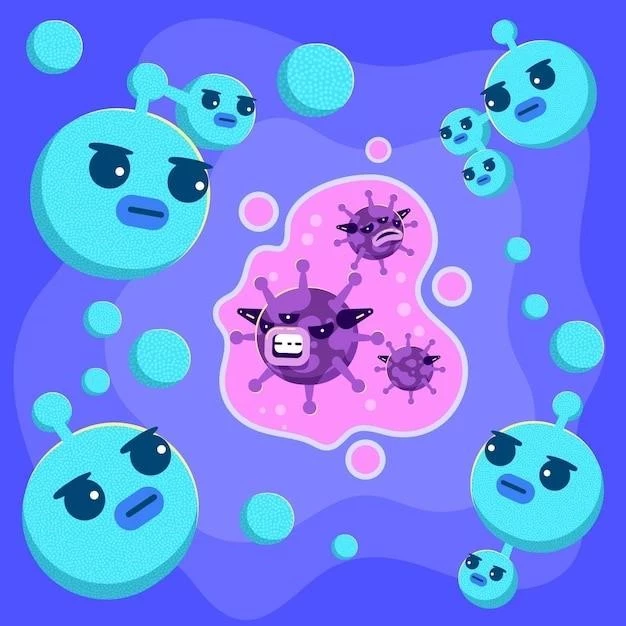Understanding Bacterial Meningitis
Causes of Bacterial Meningitis
Symptoms and Signs of Bacterial Meningitis
Diagnosis and Testing for Bacterial Meningitis
Treatment Options for Bacterial Meningitis
Prevention Strategies for Bacterial Meningitis
Complications Associated with Bacterial Meningitis
Bacterial Meningitis in Children
Current Research and Developments in Bacterial Meningitis
Causes of Bacterial Meningitis
Bacterial meningitis is typically caused by bacteria entering the bloodstream and traveling to the brain and spinal cord. The most common bacteria responsible are Neisseria meningitidis, Streptococcus pneumoniae, and Haemophilus influenzae. Factors that increase the risk of bacterial meningitis include age (infants and the elderly), a weakened immune system, sinus or ear infections, trauma to the head, and certain medical conditions like diabetes or alcoholism. Close contact with an infected person, such as through respiratory droplets, can also lead to the spread of bacteria.
Symptoms and Signs of Bacterial Meningitis
The symptoms of bacterial meningitis can appear suddenly and include high fever, severe headache, stiff neck, nausea, vomiting, sensitivity to light, confusion, and seizures. In infants, symptoms may also include irritability, poor feeding, and a bulging fontanelle (soft spot on the head). It’s essential to seek immediate medical attention if any of these symptoms are present, as bacterial meningitis is a medical emergency that requires prompt treatment to prevent serious complications.
Diagnosis and Testing for Bacterial Meningitis
Diagnosing bacterial meningitis typically involves a physical exam, evaluation of symptoms, and tests such as blood cultures, cerebrospinal fluid analysis (through a spinal tap), and imaging studies like CT scans or MRIs. Identifying the specific bacteria causing the infection is essential for determining the appropriate course of treatment. Rapid diagnosis is crucial in bacterial meningitis cases to start treatment promptly and prevent potential complications.
Treatment Options for Bacterial Meningitis
Immediate treatment for bacterial meningitis typically involves hospitalization, where intravenous antibiotics are administered to combat the infection. Corticosteroids may also be given to help reduce inflammation in the brain. Supportive care such as fluids, oxygen therapy, and medications to control symptoms like fever and pain are essential. In severe cases, surgery may be needed to relieve pressure on the brain caused by swelling. Follow-up care and monitoring are crucial to ensure complete recovery and prevent potential complications.

Prevention Strategies for Bacterial Meningitis
Preventing bacterial meningitis involves vaccination against common bacterial strains that cause the infection, such as the meningococcal, pneumococcal, and Hib vaccines; Maintaining good hygiene practices, like washing hands regularly and avoiding close contact with infected individuals, can help reduce the risk of transmission. Prompt treatment of sinus or ear infections and seeking medical care for head injuries can also lower the likelihood of developing meningitis. Awareness of risk factors and early symptoms is essential for prevention and early intervention.
Complications Associated with Bacterial Meningitis
Bacterial meningitis can lead to serious complications if not treated promptly. Potential complications include brain damage, hearing loss, seizures, hydrocephalus (fluid buildup in the brain), cognitive impairment, and even death in severe cases. Long-term effects such as memory problems, learning difficulties, and developmental delays can occur, especially in infants and young children. Timely diagnosis, appropriate treatment, and diligent follow-up care are crucial to minimize the risk of complications and promote a successful recovery.
Bacterial Meningitis in Children
Bacterial meningitis can be particularly severe in children due to their developing immune systems. Infants and young children may exhibit nonspecific symptoms like fever, irritability, poor feeding, and a bulging fontanelle. Prompt medical attention is crucial for children suspected of having meningitis to prevent complications like brain damage or hearing loss. Vaccination, proper hygiene, and early treatment of infections can help protect children from bacterial meningitis. Close monitoring and supportive care are essential for managing the condition in pediatric patients.
Current Research and Developments in Bacterial Meningitis
Ongoing research in bacterial meningitis focuses on improving diagnostic methods, developing more effective vaccines, and exploring innovative treatment strategies. Scientists are investigating new antibiotics, immunomodulatory therapies, and vaccine formulations to enhance protection against bacterial strains causing meningitis. Advances in molecular techniques and biomarker identification offer promising avenues for early detection and personalized treatment. Collaborative efforts between researchers, healthcare professionals, and public health authorities aim to reduce the burden of bacterial meningitis globally and improve outcomes for affected individuals.
